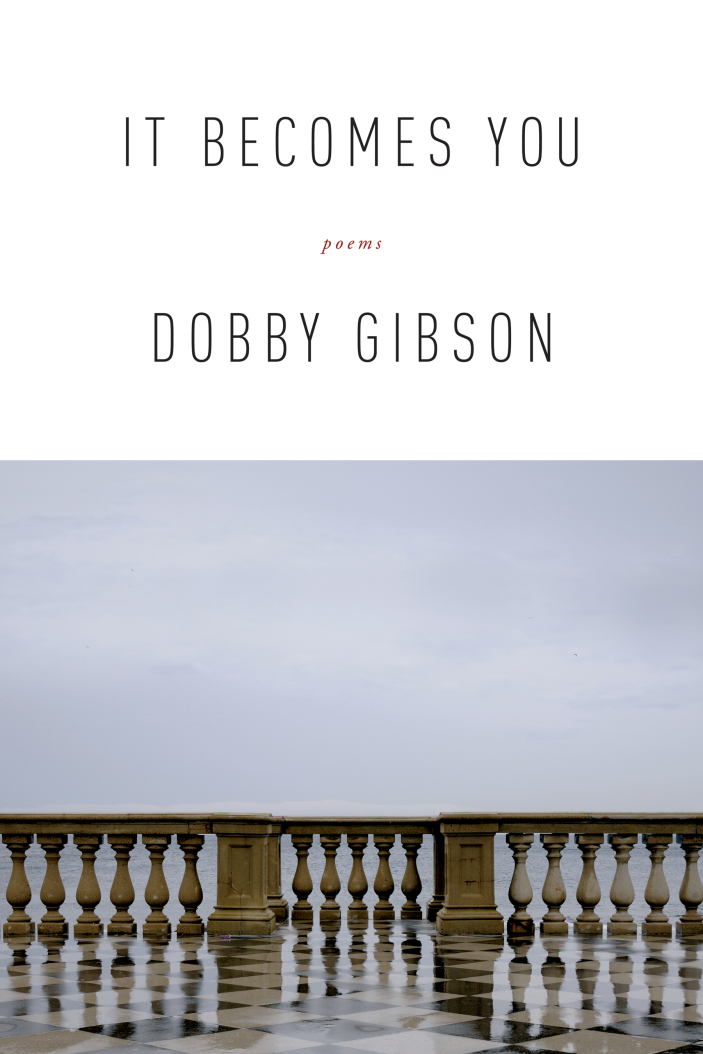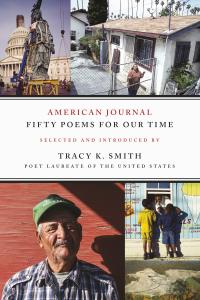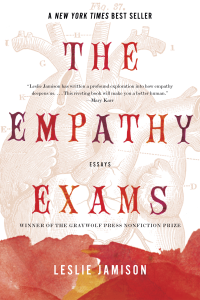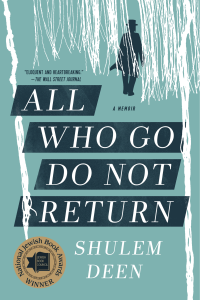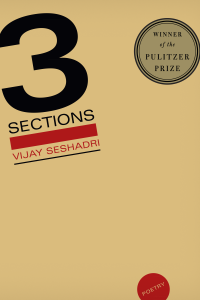“Dobby Gibson’s poetry . . . is equal parts tender, triumphant, exhilarating, disturbing, and thought provoking: it’s fantastic.”—The Corresponder
Book Title
It Becomes You
Subtitle
Poems
- “Poems of grace and invention. . . . In Gibson’s hands the lyric form becomes enlivened. This is his most generous and assured volume to date.”—The Believer Poetry Award, Editors’ Shortlist
Poem Excerpt
From the backs of the books I love and am terrified by,
the great thinkers stare back at me
with little encouragement.
I am prepared to follow them anywhere!
—from “Ago”
the great thinkers stare back at me
with little encouragement.
I am prepared to follow them anywhere!
—from “Ago”
Body
Meditative, lyrical, aphoristic, and always served with wry wit, the poems in Dobby Gibson’s It Becomes You explore the divergent conditions by which we’re perpetually defined—the daily weather, the fluctuations of the Dow, the growth of a cancer cell, the politics of the day. What surrounds us becomes us, Gibson suggests, in a book that will ultimately become you.
“Wise and brave, with a pure sense of truth and adventure that is rare, and never diminishes.”—The Bloomsbury Review
“Gibson mixes the language of public discourse, science, TV and everyday conversation in a chatty if bleak voice that is both accessible and satisfyingly challenging.”—Publishers Weekly
List Price
$15.00
Purchase at
Purchase at:
Keynote
Praise
- “Gibson is more than a turner of clever phrases. There is a real tenderness at the heart of his work . . . Gibson deftly quilts witty observation with moments of lyric intensity.”—Star Tribune(Minneapolis)
- “This third outing might be [Gibson's] best . . . [It Becomes You] has consolation aplenty—domestic satisfactions, witty one-liners, and the real beauties of its settings among them.”—Publishers Weekly
- “The dry wit of Gibson’s poetry crackles. . . . Gibson is a Minneapolis ad man, and whatever he’s selling, we’re buying.”—Minnesota Monthly
- “[Gibson is] playful, mysterious, wry, humorous, sad, full bodied and adventurous. . . . Full-bore language becomes poetry that you surely do not want to miss.”—Washington Independent Review of Books
